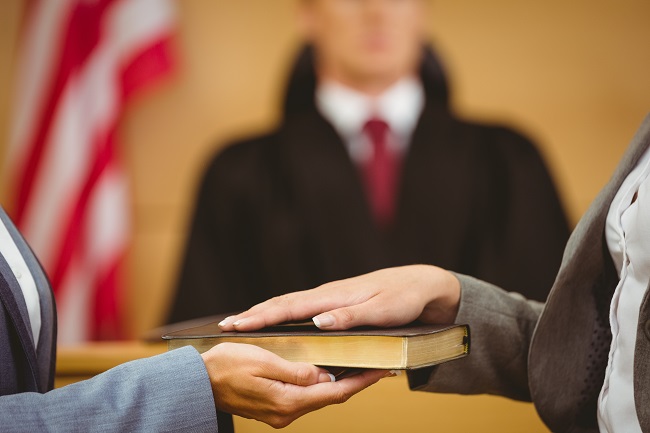The Other Rules of Professional Conduct

In October 2019, the Maryland State Bar Association’s Committee on Ethics published an opinion discussing a Maryland attorney’s duty to report the unauthorized practice of law by a non-Maryland attorney. A footnote to the opinion states:
It is worth noting that other jurisdictions have self-reporting requirements for licensed attorneys who are disciplined for violations of rules of professional conduct in other jurisdictions. See, Rule 8.3 of the Virginia Rules of Professional Conduct. Maryland does not impose a similar obligation on its attorneys.
MSBA Comm. Ethics Dkt. No. 2019-01 n.11. Does that sound right to you, Maryland lawyer?
It’s not. The obligation to self-report out-of-state discipline is not in Maryland’s version of Rule 8.3 (19-308.3), but in Maryland Rule 19-737(a): “An attorney who in another jurisdiction (1) is disbarred, suspended, or otherwise disciplined, (2) resigns from the bar while disciplinary or remedial action is threatened or pending in that jurisdiction, or (3) is placed on inactive status based on incapacity shall inform Bar Counsel promptly of the discipline resignation, or inactive status.”
The committee’s error, relatively common in the legal ethics arena, arises from the misapprehension that the Rules of Professional Conduct (RPC) are the sole source of disciplinary standards for attorneys. In fact, some Rules explicitly incorporate external standards. See, e.g., Md. R. 19-301.15(a) (trust accounts); R. 19-305.5(a) (unauthorized practice of law); R. 19-308.4(b) (criminal acts). But sometimes the Rules are silent where other rules, regulations, and statutes have spoken.
One common non-RPC source of ethical standards is a jurisdiction’s procedural rules on disciplinary investigations and prosecutions, which often include self-reporting obligations like the one in Rule 19-737(a). Another is the jurisdiction’s rules on admission to the bar, which impose reporting obligations that may be revisited long after an attorney is admitted. See, e.g., Attorney Grievance Commission v. Kepple, 432 Md. 214 (2013). The attorney’s oath can be a source of discipline in some jurisdictions. See 37 C.F.R. § 11.19(b)(1)(v) (patent attorneys). The local rules of judicial and administrative tribunals often impose their own ethical or reporting standards that supplement or modify the RPC. E.g., D.D.C. Local R. 83.15(b)(3) (obligation to report finding of contempt against attorney); 17 C.F.R. §§ 205.1 to 205.7 (supplemental standards for certain attorneys appearing before Securities and Exchange Commission). And state legislatures also regulate attorneys to varying degrees. See, e.g., Md. Code Ann., Bus. Occ. & Prof. §§ 10-605.1, 10-605.2 (standards for attorney communications); D.C. Code § 11-2502 (authorizing discipline for “fraud, deceit, [and] malpractice,” among other things); § 11-2503 (crimes of moral turpitude).
Of course, the Rules of Professional Conduct remain the chief source of disciplinary standards for lawyers. But if the Rules in your jurisdiction fail to address conduct that feels unethical, you might want to keep looking.
Information provided on InsightZS should not be considered legal advice and expressed views are those of the authors alone. Readers should seek specific legal guidance before acting in any particular circumstance.
Author(s)

John J. Connolly
Partner
Email | +1 410.949.1149
As the regulatory and business environments in which our clients operate grow increasingly complex, we identify and offer perspectives on significant legal developments affecting businesses, organizations, and individuals. Each post aims to address timely issues and trends by evaluating impactful decisions, sharing observations of key enforcement changes, or distilling best practices drawn from experience. InsightZS also features personal interest pieces about the impact of our legal work in our communities and about associate life at Zuckerman Spaeder.
Information provided on InsightZS should not be considered legal advice and expressed views are those of the authors alone. Readers should seek specific legal guidance before acting in any particular circumstance.




